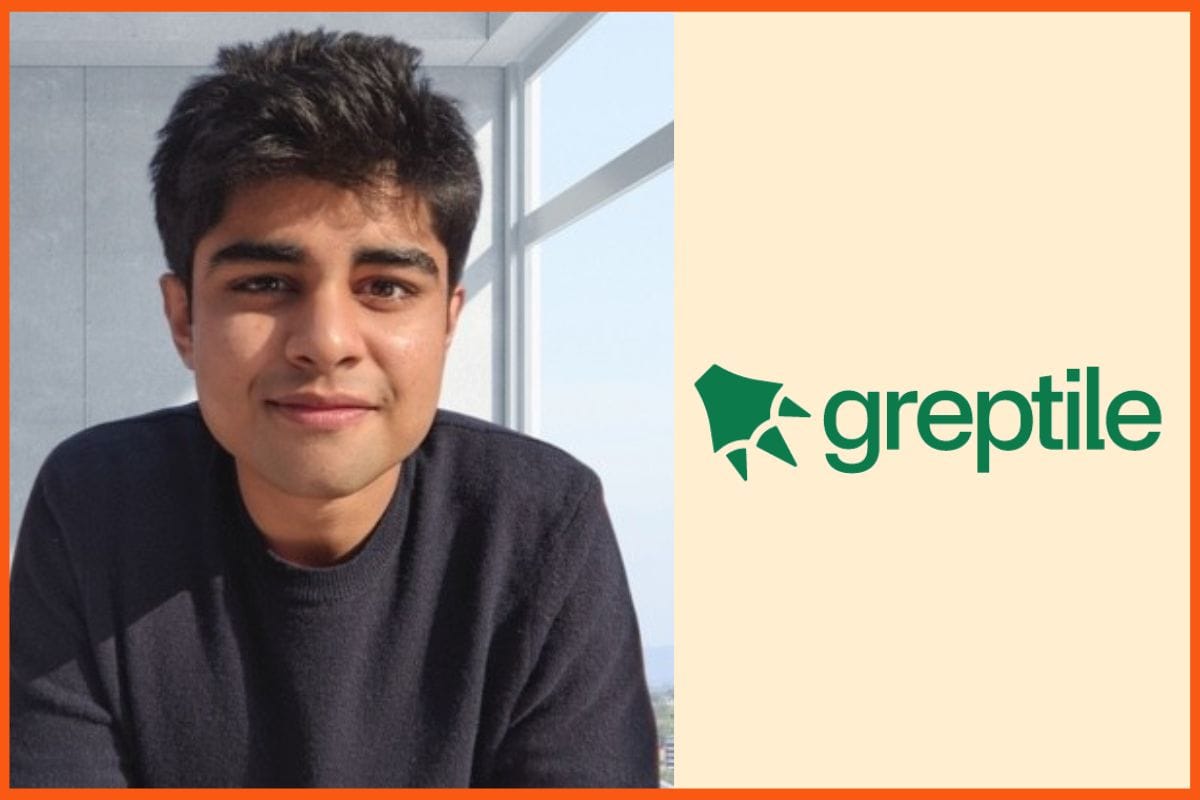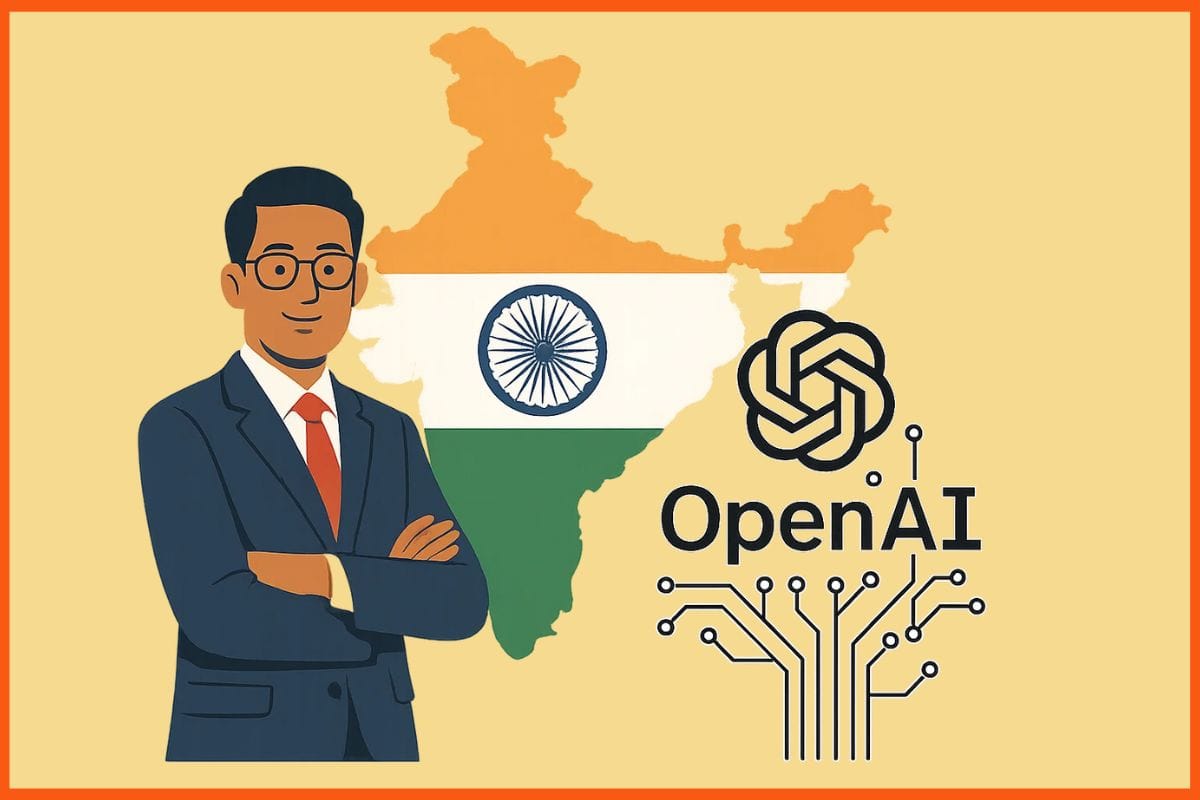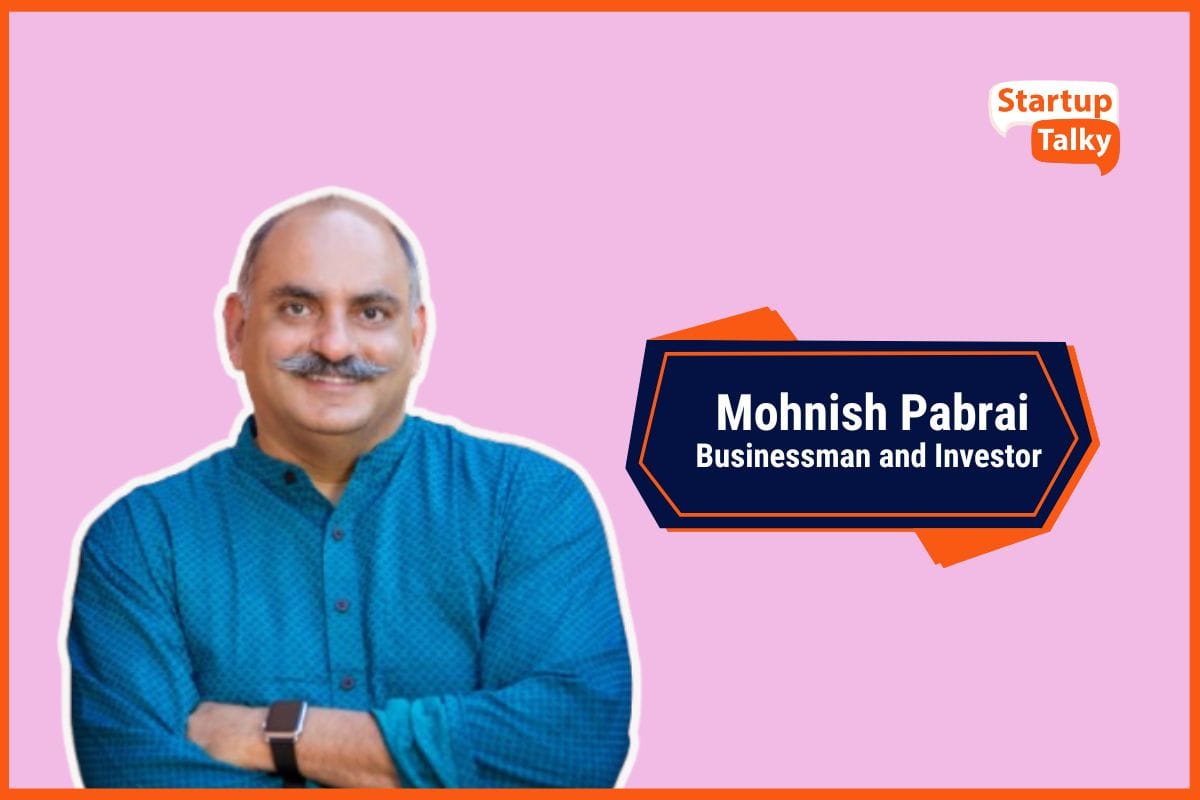Daksh Gupta is a 23-year-old Indian-origin CEO based in the US, who came into the limelight for supporting a 14-hour workday culture. While he got criticized for endorsing glorifying overwork, he stood firm on his belief that extreme dedication is what drives success in the hyper-competitive world of startups.
According to a report by the San Francisco Standard, he claims that most Silicon Valley tech professionals are embracing a 12-hour, six-day routine, which he calls the 9-9-6 rule.
What makes his statement even more debated is his age and rapid rise in the AI space, building a company at just 23, while openly challenging the conventional work-life balance narrative. For some, he represents the bold new face of hustle culture in tech; for others, his philosophy sparks concern about burnout and toxic work practices.
Daksh Gupta – Biography
| Name | Daksh Gupta |
|---|---|
| Nationality | Indian-origin, based in the United States (San Francisco) |
| Profession | Co-founder & CEO, Greptile (AI startup) |
| Education | B.S in Computer Science from Georgia Institute of Technology |
| Startup Name | Greptile (originally Onboard AI, rebranded in 2023) |
| Funding Raised | $5.3 million in seed funding from Y Combinator, Initialized Capital, SV Angel, and others |
Daksh Gupta – Career Journey
Daksh Gupta’s story began at Georgia Tech, where he teamed up with fellow students Soohoon Choi and Vaishant Kameswaran in 2022. Their first experiment wasn’t some flashy AI product, but a scrappy project that scraped Reddit reviews to help shoppers make smarter buying decisions. That idea didn’t survive long, but it unlocked something bigger: a $100,000 check from tech billionaire Christopher Klaus, an alumnus of the same campus who believed in their potential.
By mid-2023, the trio shifted focus to building AI tools for software engineers. They first called it Onboard AI, before rebranding to Greptile (AI startup) , a name that quickly started making waves in Silicon Valley. In early 2024, the startup raised $5.3 million in seed funding and set up shop in San Francisco’s iconic Transamerica Pyramid, where a small, tight-knit team now pushes code at breakneck speed.
Despite his title, Gupta insists he’s often the lowest-paid person on his team, a deliberate move to stretch every dollar of funding and prove he’s willing to sacrifice just as much as he asks of his colleagues.
The 9-9-6 Style – “No Work-Life Balance” by Design
Daksh Gupta is upfront about one thing: work-life balance is not part of Greptile’s culture. The 23-year-old CEO has openly embraced a philosophy that prioritizes intense focus and long hours, even as he highlights the competitive pay and benefits his startup offers. Moreover, he says that a growing number of Bay Area tech workers voluntarily stick to a 12-hour, six-day schedule, totaling 72 hours each week.
Last year, while announcing several job openings at Greptile, Gupta made his expectations crystal clear: staff are expected to work 12–14 hours a day, sometimes including Saturdays and even Sundays. “Recently I started telling candidates right in the first interview that Greptile offers no work-life balance. Typical workdays start at 9 a.m. and end at 11 p.m., often later, and we work Saturdays, sometimes also Sundays,” he wrote on X in 2024.
In an interview with MintGenie in November 2024, Gupta elaborated on his reasoning. He explained that the young engineers joining Greptile are consciously choosing a high-pressure environment where they can create something meaningful, rather than opting for the comfort of a conventional tech job. “Even the engineers who joined Greptile had the option to work in big tech firms, where their lives would have been more comfortable. But they chose to work with us,” Gupta said.

Daksh Gupta – Social Media Reaction
Daksh Gupta’s uncompromising work philosophy sparked a flurry of reactions online. According to NDTV, his bold statements led to an inbox flooded with messages; 20% of which were death threats, while 80% were job applications.
This stark split underscores how polarizing his approach is: while some criticized his grind-heavy expectations, others were drawn to the intensity and challenge he offers ambitious engineers.
Gupta’s messaging was further amplified through short, punchy statements that became headlines in themselves:
- “No Remote Work, No Drugs”
- “72-hour workweek”
Daksh Gupta – The Health Trade-Off
But here’s the catch: what’s viable isn’t always healthy. Gupta himself admits the 9-9-6 routine is meant to be temporary, a sprint rather than a lifestyle. The idea is to push hard in the first year or two, build, launch, find product-market fit, and then recalibrate before burnout sets in.
Without that reset, the downsides creep in fast. Sleep debt erodes creativity, relationships take a back seat, and productivity turns messy. His mantra of “no drinking, no drugs” signals discipline, while “track sleep” shows he understands recovery matters, but 84-hour weeks rarely leave much room for true recovery.
Daksh Gupta – The Grind Culture Debate
Gupta’s philosophy also mirrors a broader shift in San Francisco’s young builder scene. Here, grind culture is making a comeback: gym sessions before morning stand-ups, deep work blocks, eating purely for fuel, and lives stripped down to essentials. For some founders and engineers, this structure feels liberating; it eliminates decision fatigue and keeps everyone moving in sync, which can supercharge results when the mission is clear and well-defined. For others, it feels brittle and exclusionary, prioritizing output over sustainability.
The honest truth? 9-9-6 can work, but only under the right conditions. It has to be voluntary, time-bound, and judged by results, not martyrdom. Otherwise, the fire that fuels progress risks burning the team out.
Daksh Gupta – Challenging Tech’s Social Norms
He has also distanced himself from Silicon Valley’s traditional cultural touchstones. He remarked that Burning Man, once a staple event for the Valley’s creative class, no longer resonates with the new wave of builders. Since moving to San Francisco in 2023, he says, the festival hasn’t really felt part of the “zeitgeist” for younger founders and engineers.
Daksh Gupta – A Rocket Launch Mentality
Despite the pushback, Gupta continues to defend his philosophy. He often compares the grind to a rocket launch, where early intensity can determine survival: “When you have two groups of smart people trying to solve the same problem, the one that works harder and is luckier wins.”
For Gupta, the grind is about momentum. Whether Silicon Valley embraces his 9-9-6 ethos long-term remains to be seen, but for now, he stands as one of the most polarizing young leaders of the AI boom.
FAQs
Who is Daksh Gupta?
Daksh Gupta is a 23-year-old Indian-origin entrepreneur and co-founder & CEO of Greptile, an AI startup based in San Francisco. He is known for advocating a 12–14 hour workday, often referred to as the 9-9-6 work culture.
What is Daksh Gupta’s company, Greptile?
Greptile (originally Onboard AI) is an AI startup that builds tools for software engineers. The company raised $5.3 million in seed funding from investors like Y Combinator, Initialized Capital, and SV Angel.
What does Daksh Gupta mean by the 9-9-6 rule?
The 9-9-6 rule promoted by Daksh Gupta refers to working from 9 a.m. to 9 p.m., six days a week—a 72-hour workweek.
What is Daksh Gupta’s educational background?
Daksh Gupta earned a B.S. in Computer Science from Georgia Institute of Technology (Georgia Tech), where he began his entrepreneurial journey with fellow students.










